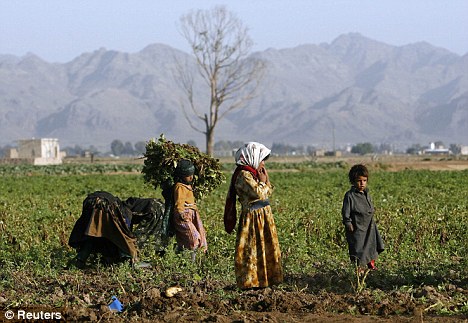Finding Alternatives

Land, whether in the rural or urban context, is the basic element of habitat for all of humanity. Its value is great, first of all, because it satisfies basic human needs. Seeing land through the human rights optic considers this element of habitat not as an object of acquisition or for its exchange value. Rather, the human rights dimensions of land address this resource as a means to fulfill human needs with equity.
The struggle for land intensifies with burgeoning populations and the drive of human self-interest, thus becoming the grounds for contention. Thus, this aspect of the “habitat problématique” is fraught with human conflict.
The current issue of Land Times poses solutions, with information being the essential medium. It traces recent developments and events in the Middle East/North Africa (MENA) region and related international processes that contribute to problem solving in human habitat. Central to a strategic approach are concepts such as “resilience” of individuals, households and communities to cope with problems and crises afflicting the land, as acknowledged in global policy developments through the FAO.
“Empowerment” is a concept that sees people and communities overcoming marginalization and disadvantage to assert rights to land. And that kind of empowerment lies at the heart of the HIC-HLRN program objectives.
Some of the techniques of solving conflicts and dilemmas over land use take the form of “alternative planning,” which is a challenge for all communities threatened with authoritarian urban development. The controversies around the grandiose Cairo-2050 urban plan, reported here, give occasion for alternative planning as a means of resistance against urban authoritarianism and for claiming equitable land-use rights. The problem solving that is “social production of habitat” seeks a collective approach to constructing the physical and material aspects of equitable land use of, by and for communities.
“Transitional justice” is a complex of approaches to remedy for societies emerging from political tyranny or other conflict situations. The MENA region is undergoing various glacially slow reform processes that call for transitional-justice measures. This Land Times looks critically at those developments and the current draft transitional justice laws to advocate greater focus on the prospects and models for reparations, including restitution of lands subject to corruption, real estate fraud and illicit acquisitions during former—and current—governmental systems.
As in the case of Morocco reported in this issue, inadequate land information systems often complicate these problem-solving goals. However, as a vehicle of specialized information, Land Times thus provides this first and indispensible resource toward defining land-related problems, with a view to their eventual human rights-based resolution.
|